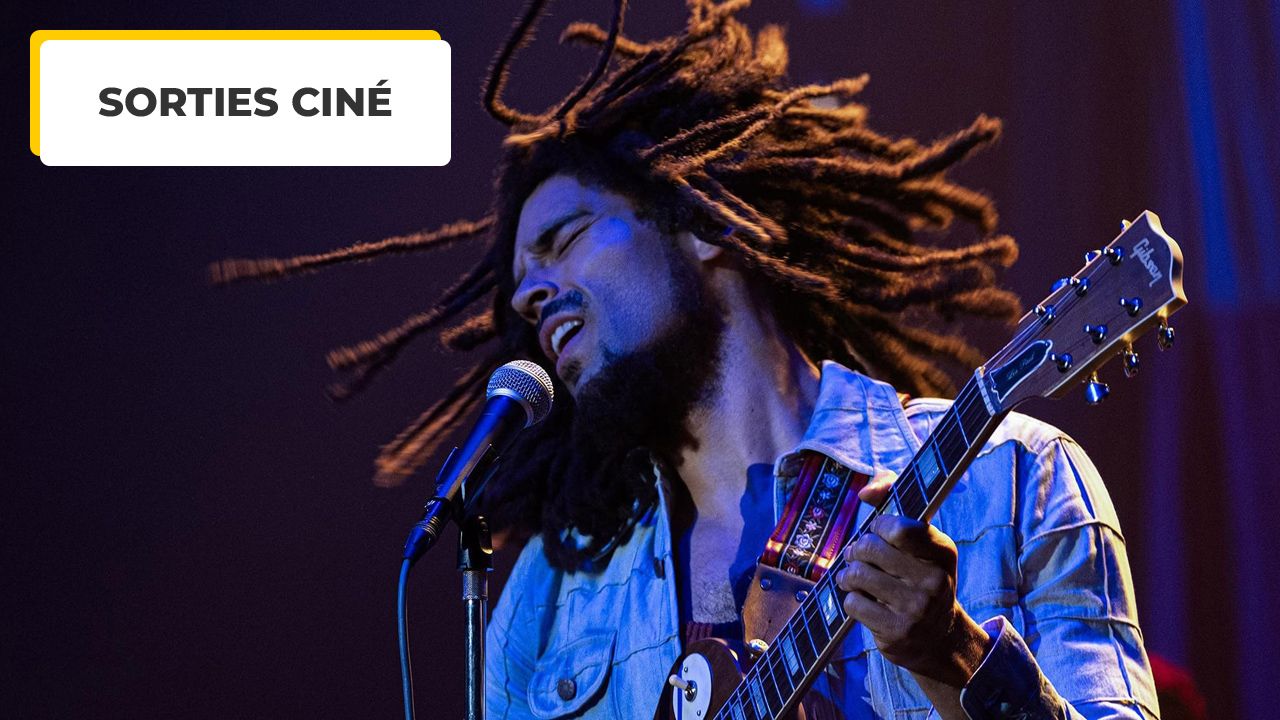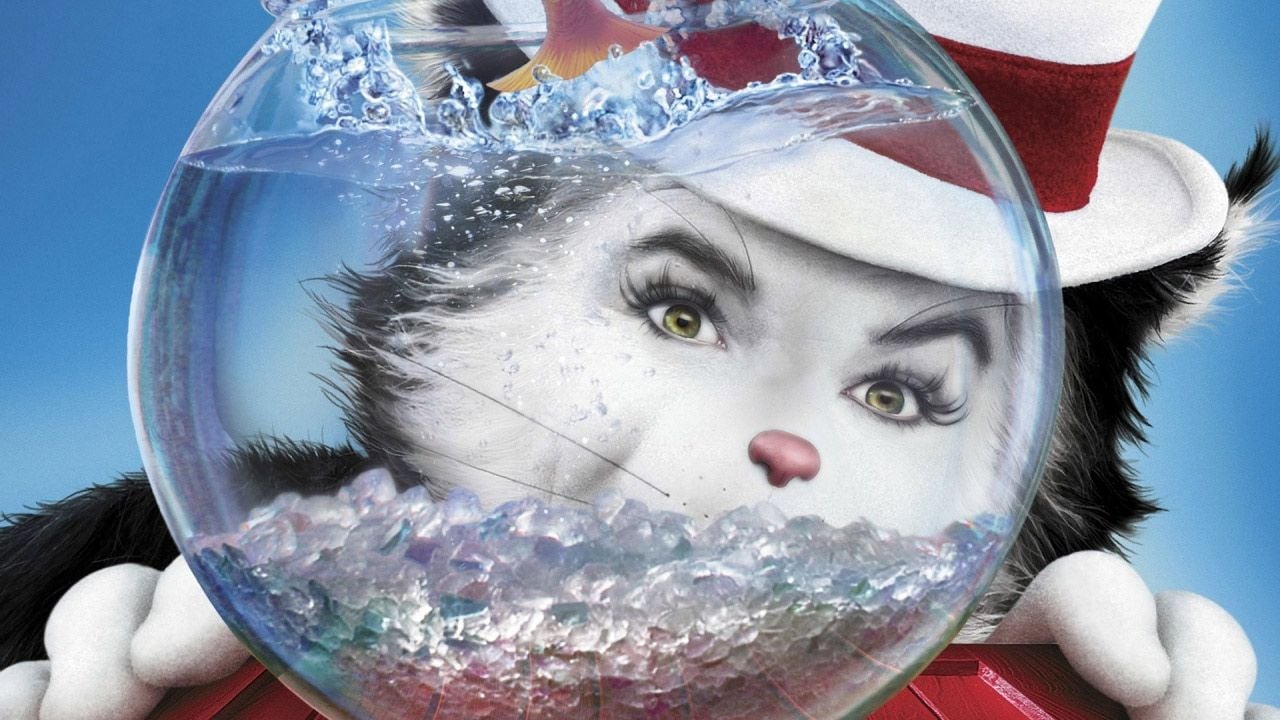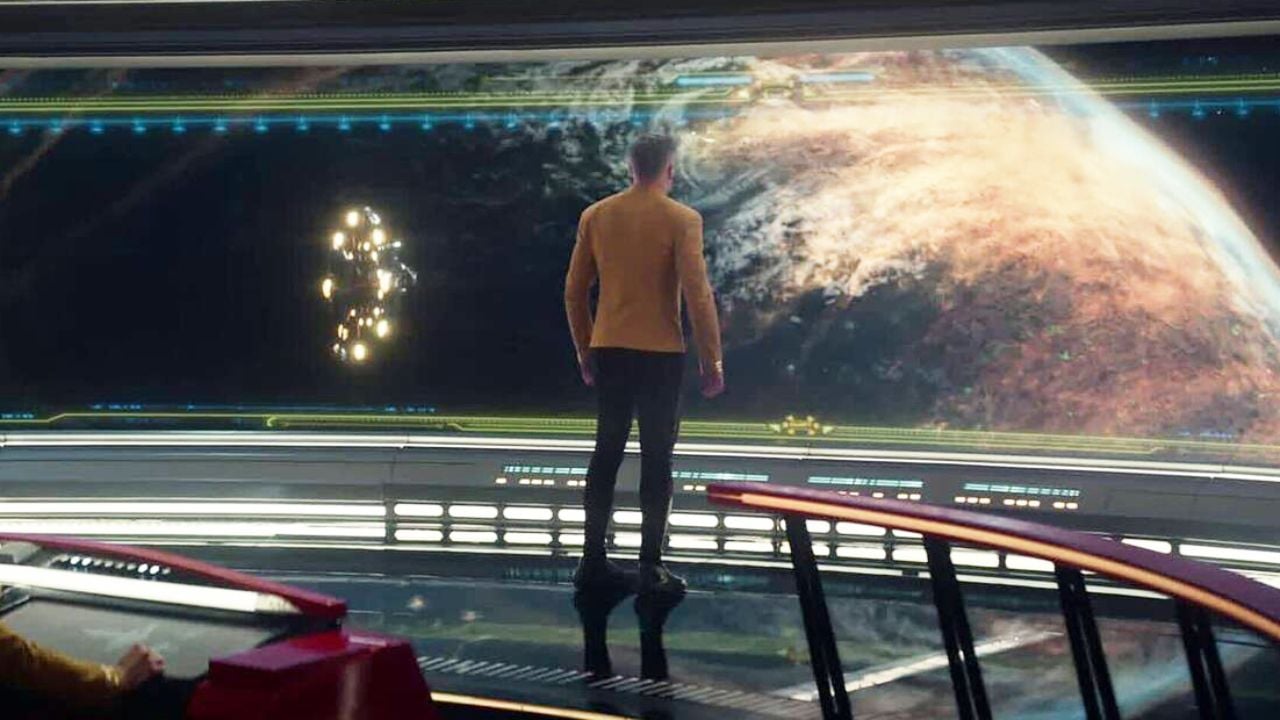Bob Marley: One Love, the first biopic dedicated to the King of Reggae, opens in theaters on Wednesday, February 14. Directed by Reynaldo Marcus Green (The Williams Method) and produced by the singer’s family, his children Ziggy and Cedella and his wife Rita Marley (played by Lashana Lynch in the film). Bob Marley: One Love Retraces the personal life and career of the singing icon who made reggae famous around the world during his nearly 20-year career and inspired generations with his message of love and ‘oneness’.
The feature film does not depict the complete life of Bob Marley, but focuses on a specific period. The film begins in December 1976, when Nesta is scheduled to take the stage at a Smile Jamaica concert to unite the nation.
Two days before the concert, the singer and his family were victims of an assassination attempt. The film shows how this attack marked the life and work of Bob Marley and forced him into exile. In exile in London, during which he created the album Exodus with his band The Wailers, which he named the best album of the 20th century. Time magazine in 1998.
And it’s actor Kingsley Ben-Adre, already seen in Les Enquêtes de Véra, Peaky Blinders, The OA, Barbie and Secret Invasion, who slips into the shoes of Bob Marley. The role required the actor to prepare for 8 months.
Regarding the theatrical performance Bob Marley: One Love We talked to the director Reynaldo Marcus Green Who tells us that he always loved Bob Marley’s songs without understanding their meaning, but – thanks to this film – he understood the message of connection and love that runs through Bob Marley’s work.
Bob Marley: One Love
AlloCiné: How did you go about making the first Bob Marley biopic?
Reynaldo Marcus Green: The first draft of the screenplay was written by Terence Winter and Frank E. Flowers and given to me. I didn’t realize at the time that no Bob Marley movie had been made, so I didn’t want to open the script right away because it was too good to be true.
I asked my agent to set me up with the film’s producers, who were Robert Teitel and Ziggy Marley. Ziggy answered my first call and I thought it must be true.
I immediately asked if they had the rights to Bob Marley’s music because it is essential for a musical film. They had, and that’s when I started looking into it seriously. I wasn’t sure if I was the right person, but Ziggy’s support seemed like a good reason to take things very seriously.
The film was supposed to focus on a specific part of Bob Marley’s life.
And at that point I told them that the script needed to be reworked. It was a great skeleton, but we really had to figure out what part of Bob Marley’s life we were going to tell. The film should focus on a specific part. Then I called Zach Beilein, who I was already working with Williams method. Then we embarked on a year-long journey to rewrite the script and find casting.
AlloCiné: What did you think when you first saw Kingsley Ben-Adir as Bob Marley?
Reynaldo Marcus Green : I’ve watched several hundred thousand tapes and frankly, no one has come close to Bob. There were some really good actors, but they just weren’t right for the role.
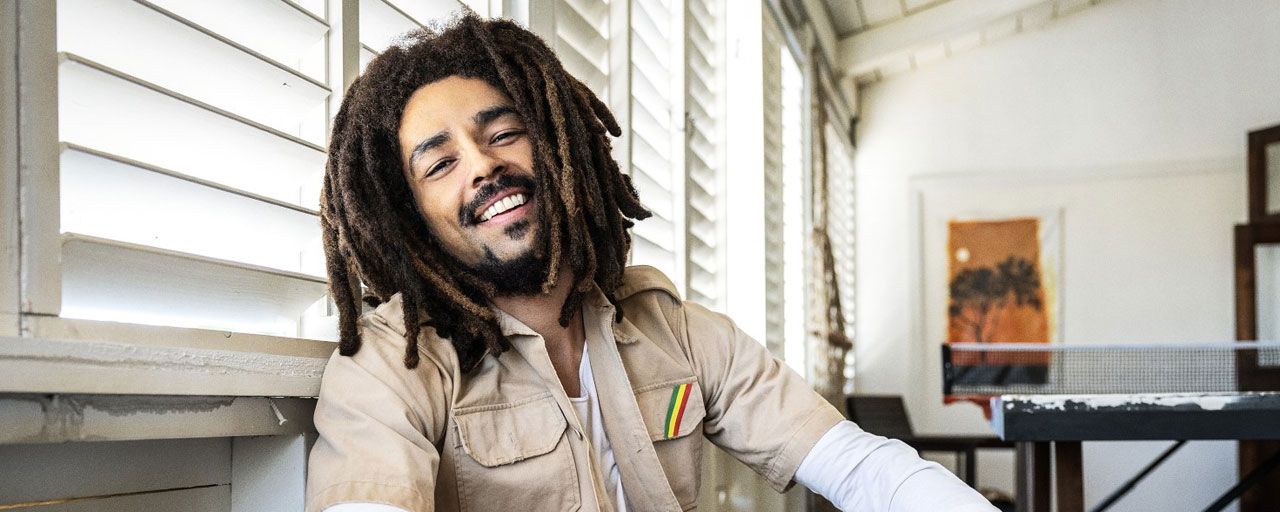
Kingsley Ben Adair
I was looking for a very specific person. Not necessarily someone who looked like him, someone who had certain attributes that seemed very important to me. Bob was mixed race of Jamaican and Caucasian descent, so we needed someone of mixed race.
When I saw Kingsley’s essays, I found them unique. Even the shot itself was clever: a three-quarter profile. He didn’t give me too much, but enough. And he had that little something extra. That’s what every director is looking for. You immediately think, “Wow, there’s something here.”
Kingsley had that little something extra.
And what he did was interpret Bob Marley, he didn’t imitate him. A lot of actors did imitations or carbon copies, and I didn’t want to be a carbon copy of Bob Marley. There is only one and we cannot find it.
But Kingsley helped me find what I needed for this film. He helped me see that there was a way to get into this character without imitating him. From that moment on, I had to imagine him with dreads and prosthetics, asking myself what I was going to do, what we were going to do with him, to transform him.
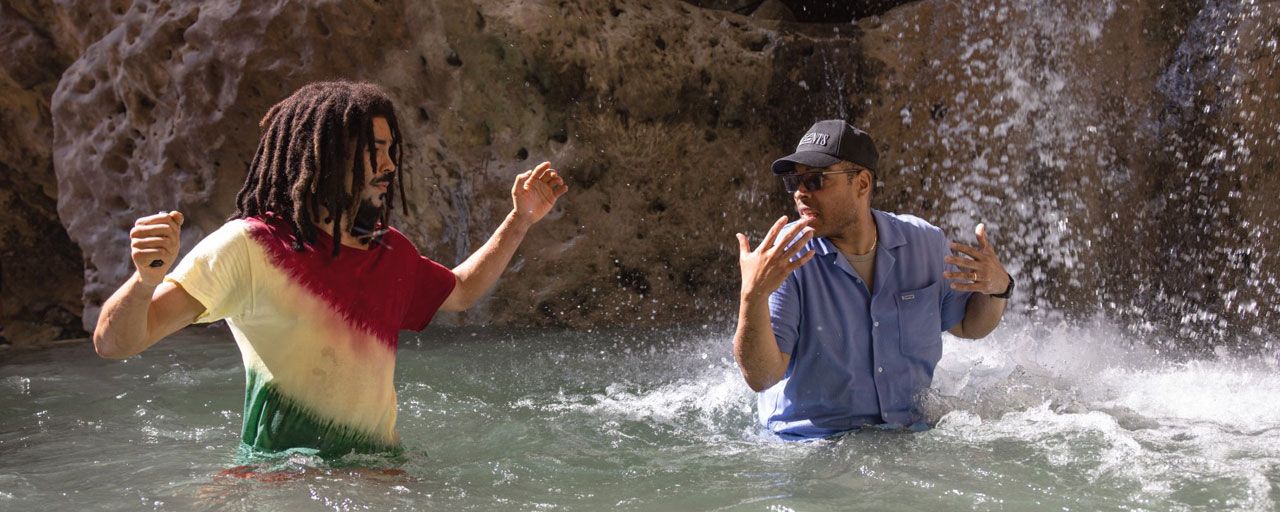
Kingsley Ben-Adre and Director Bob Marley: One Love on the Set
AlloCiné: How was the collaboration with the Marley family, who produced the film?
Ziggy Marley He was there from the beginning, he hired me. Then I met Rita, Cedella and Stephen. So I met all the Marlies who were in the movie. Ziggy was a great help. He was available to me almost every time. Whether it was costume design or sets, I could ask what the houses looked like…
And I had at my disposal archival images that are not available to the public. We had access to friends of Marley’s family. Music, unpublished works as well. It was a veritable treasure trove of information, knowledge and resources. Having that access was incredible. Not only for me, but also for the actors.
It was a real treasure trove of information.
And then just being able to see Ziggy on set was a huge help. His walk, his mannerisms, his poses… I think it was immensely helpful to everyone on set. Marley’s family is imbued with spirituality. They carry on their father’s legacy, so it’s been a real asset to me and the whole team.
AlloCiné: Why do you think Bob Marley, more than 40 years after his death, is a symbol of love and peace?
Bob Marley had the ability to connect with people in a way that very few people on the planet can. Whatever she sang, the music, the messages of love, peace and unity came from the heart as she spoke about her experiences. He took his burden to give us this gift that is his music. That’s how he was. There are people who are like that.

Bob Marley: One Love
And that is why it is still an icon today. His message will stand the test of time. His music will stand the test of time. He had this unique ability to connect with people on a very deep emotional level. And that’s because he was honest.
AlloCiné: It’s crazy to think that after 40 years his lyrics are still relevant…
His texts are all the more relevant as the world is increasingly divided and falling prey to discord. His message is as relevant today as it was 40 years ago. And it is constantly evolving. And that’s the mark of a true legend.
AlloCiné: What’s your favorite Bob Marley song?
This is “A song of redemption“. This song in particular bothers me. It became the overall theme of this film, the thesis, in many ways. It’s a very moving song for me.
I didn’t understand what he was singing about until this movie.
AlloCiné: This film is a tribute to his legacy, but it’s also about redemption. What do you want people to take into account after watching the film?
Just what he was singing about. Before this movie, I had listened to Bob Marley’s songs hundreds of times, but I realized that I didn’t know much about him and his music. I knew the rhythm and melody and I danced, but I did not understand what he was singing, what his lyrics meant.
So I hope this film brings you closer to the words and the man. Personally, I like it even more today. And there is much more to discover about Bob. This is impossible in the time we have to do it. But we hope we’ve discovered something that will be as fresh and eye-opening for people as it was for me.
Source: Allocine
Rose James is a Gossipify movie and series reviewer known for her in-depth analysis and unique perspective on the latest releases. With a background in film studies, she provides engaging and informative reviews, and keeps readers up to date with industry trends and emerging talents.

